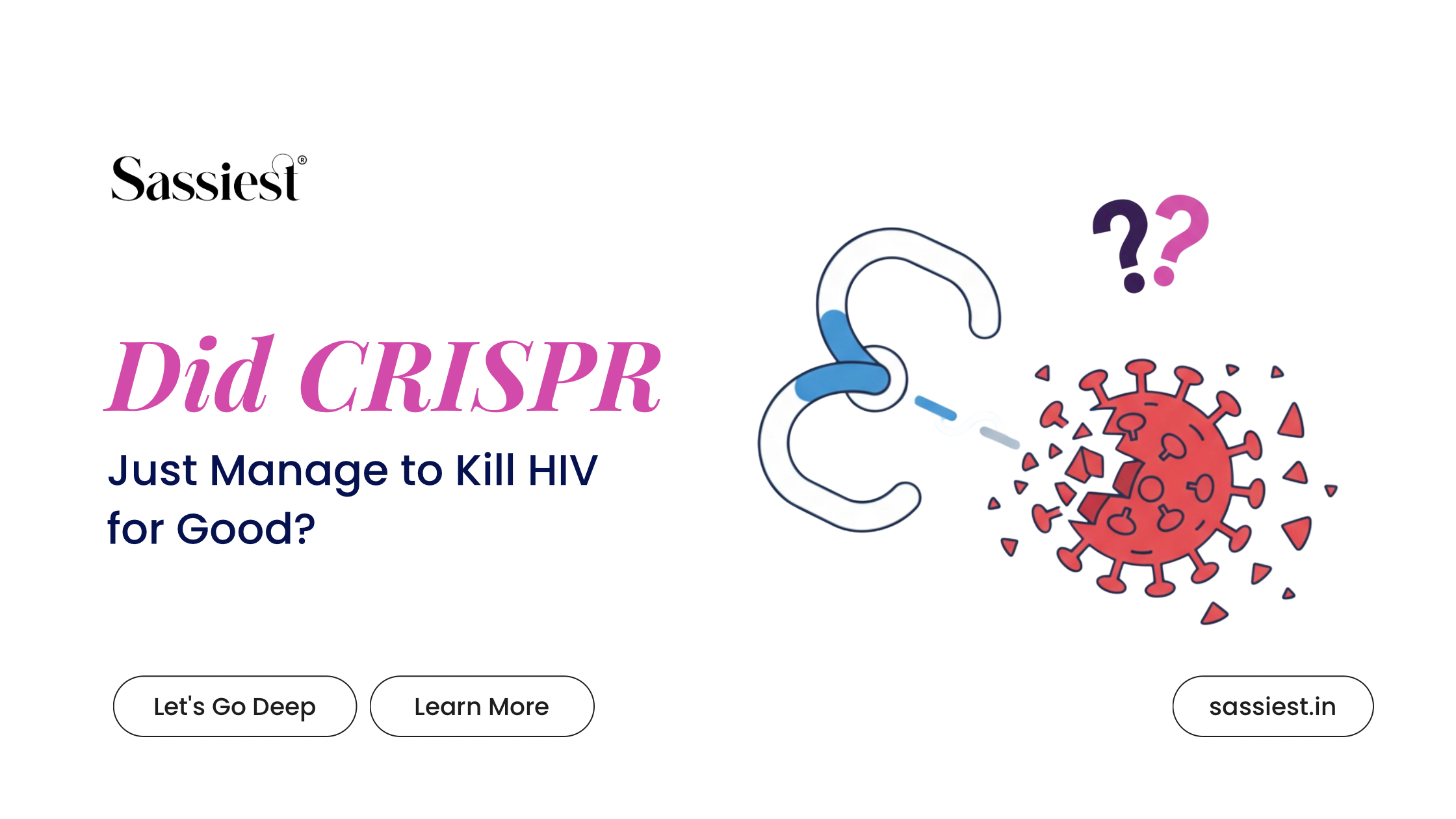For once, India’s headlines are serving something that actually feels hopeful. Tamil Nadu has just made history by becoming the first state in India to roll out free HPV vaccinations for girls, aiming to prevent cervical cancer before it even starts.
This move is huge. Cervical cancer is the second most common cancer among women in India, and the numbers are heartbreaking. Every year, tens of thousands of women lose their lives to it, even though it’s one of the few cancers that’s almost entirely preventable. All it takes is a vaccine that protects against the Human Papillomavirus, better known as HPV, the virus responsible for most cervical cancer cases.
So when the Tamil Nadu government announced that it would offer the HPV vaccine for free to all girls aged 9 to 14, it wasn’t just a policy update. It was a power move for women’s health.

For those who aren’t familiar, HPV is a super common virus that spreads through skin-to-skin contact, often during sexual activity. Most of the time, the body fights it off naturally. But sometimes, it lingers, causing changes in the cervix that can eventually lead to cancer. The vaccine teaches the body to recognize and destroy the virus before it can do any harm.
Globally, the HPV vaccine has already saved millions of lives. Countries like Australia, the UK, and Canada have been running vaccination programs for years, and they’ve seen dramatic drops in cervical cancer rates. But in India, access and awareness have always been the main barriers. Many families either can’t afford the vaccine, or they don’t even know it exists. Tamil Nadu is trying to change that, one shot at a time.

The campaign started with a focus on government schools, where girls will receive the vaccine through school health programs. Parents will be informed and asked for consent, and medical teams will handle everything from awareness sessions to post-vaccination follow-ups. The idea is to make the process seamless, safe, and stigma-free.
And speaking of stigma, that’s the other big battle here. In India, conversations around anything related to sexual health are often awkward, especially for young girls. Some parents hesitate because they think an HPV vaccine is linked to sexual activity, but that’s not how it works. The vaccine doesn’t encourage sex; it protects health. It’s no different from giving your child a tetanus shot.
By stepping up, Tamil Nadu is not only protecting its young girls but also normalizing the idea that women’s health deserves proactive care. It’s a small step toward a bigger shift, one where preventive healthcare is prioritized over panic-driven treatments.

The timing also feels right. Earlier this year, India launched its first indigenously developed HPV vaccine, called Cervavac, which makes mass immunization more affordable and accessible. With Tamil Nadu leading the charge, other states are expected to follow. Maharashtra and Delhi have already shown interest in launching similar programs soon.
If this movement gains momentum, India could significantly cut cervical cancer rates within a generation. That’s not just progress; that’s transformation. Imagine a future where young girls grow up never having to fear this disease, where preventive healthcare is the norm, not the privilege.

Of course, there’s still work to do, awareness, accessibility, and parental education are going to be key. But Tamil Nadu just gave us a blueprint for what a truly inclusive, forward-thinking public health initiative looks like.
For once, we’re seeing policy and compassion meet in the same sentence. And in a country where women’s health has often been sidelined, that’s worth celebrating. Tamil Nadu didn’t just offer a free vaccine. It offered girls a future with fewer fears and more choices.





